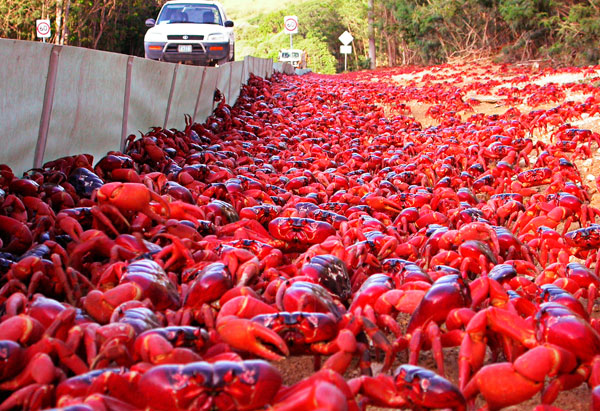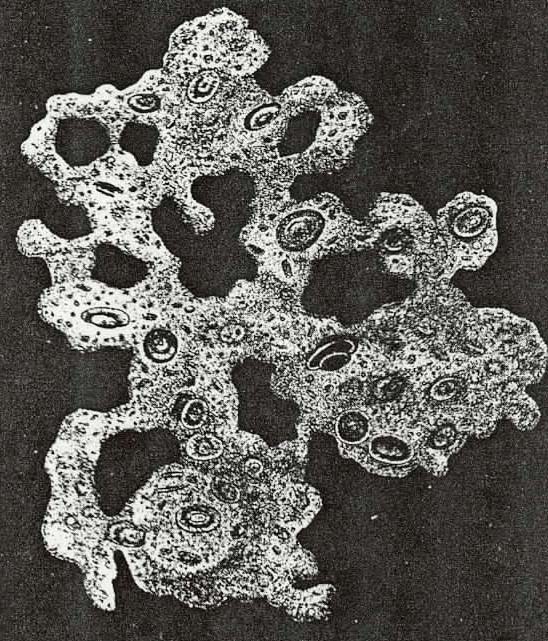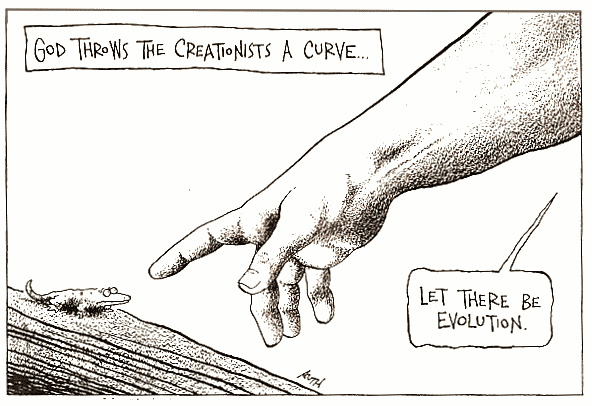Every year Trout Unlimited goes into closed irrigation canals across Alberta and pulls out the trapped fish who would otherwise freeze to death. Last year, in five canals, over 20 000 fish, both game fish and 'minnows' were rescued by Trout Unlimited volunteers. This past October 1 myself and some friends from three Calgary churches joined biologists from Trout Unlimited in identifying and releasing fish trapped in a High River irrigation canal back into the wild. Although the numbers have yet to be released, we handled well over 1000 fish. We saw quite a diversity, including brook chub, longnose dace, mountain suckers, white suckers, longnose suckers, trout-perch, slimy (?) sculpin, brook trout and rainbow trout. The morning was wet and miserable, but by lunch the sun was shining through. I wanted to thank all those who participated (particularly those who were afraid of fish but bravely handled them). It was, I think, an all-around positive experience. 'Rule over the fish of the sea...' (Genesis 1:28). While they might not have come from the sea, I think this group followed the principle of the matter. Some fish doomed to death were given a new lease on life.
Below are some photos from the rescue.






























